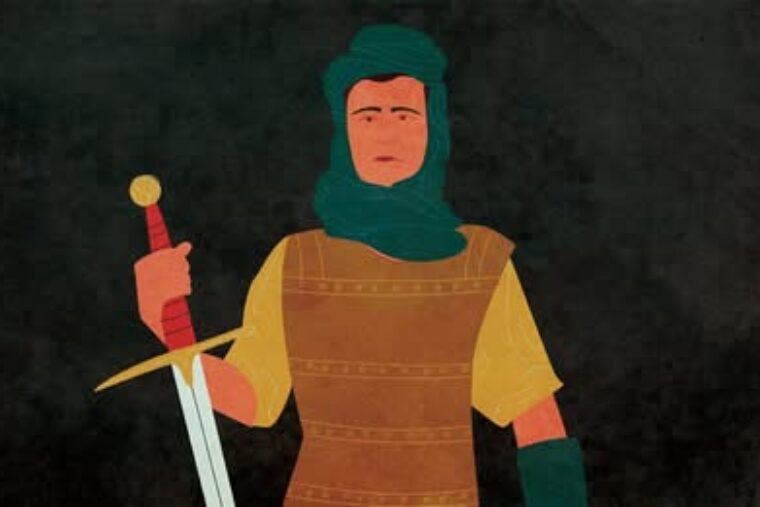“Yet, for all their shortcomings, the Maccabees leave us with an empowering message that resonates in all times and all places: Never cower in the face of tyranny. Do your part, trust in G‑d, and success is sure to come.”
The Maccabees were a band of Jewish freedom fighters who freed Judea from the Syrian-Greek occupiers during the Second Temple period. The word Maccabee is an acronym for the Hebrew words that mean “Who is like You among all powers, G‑d.” Led by Judah the Maccabee and his four brothers, they trounced the Greek interlopers and restored the Holy Temple in Jerusalem to the service of G‑d. Their victory is celebrated during the holiday of Chanukah.
The Background
More than 2,000 years ago there was a period of time when the Land of Israel was part of the Syrian-Greek Empire, ruled by the dynasty of the Seleucids. In 174 BCE (3586), Antiochus IV ruled the region. He was called Epiphanes, meaning “the gods’ beloved,” but people called him Epimanes (“madman”), a title more suited to the character of this harsh and cruel king.
Wanting to unify his kingdom through common religion and culture, Antiochus tried to root out the individualism of the Jews by suppressing the practice of all Jewish law. He also meddled in the affairs of the Holy Temple in Jerusalem, installing idol-worshipping High Priests who paid him handsome tributes.



